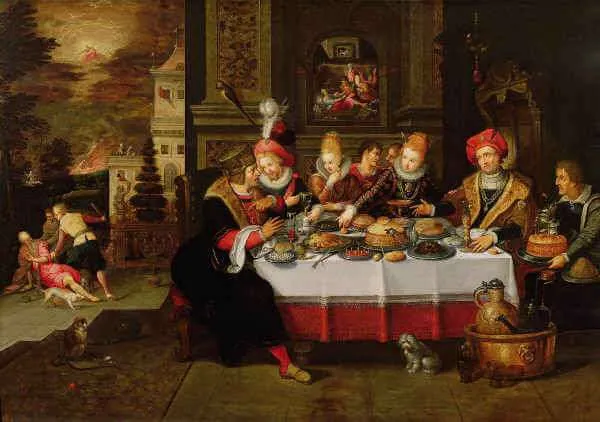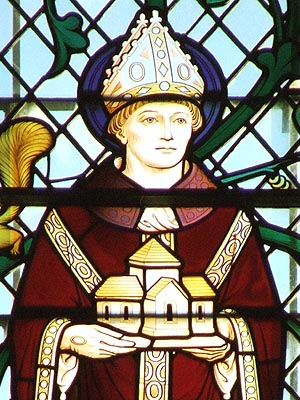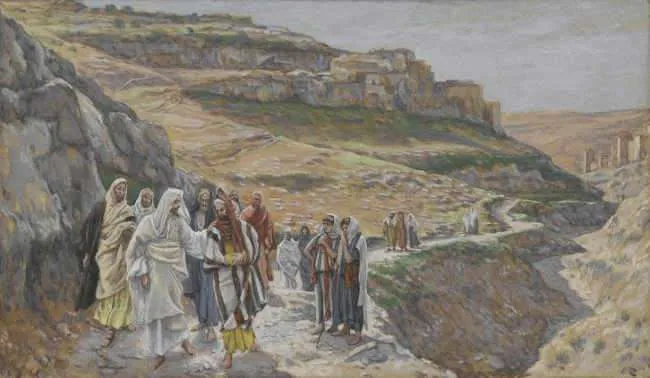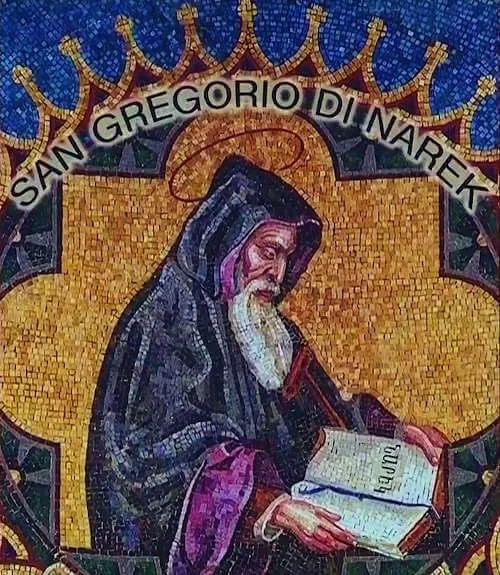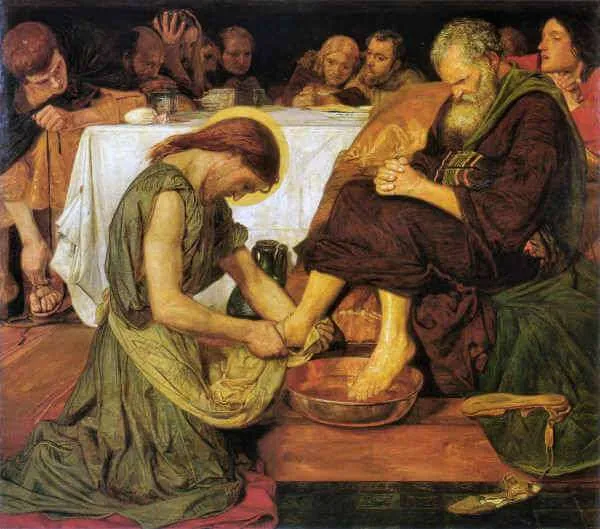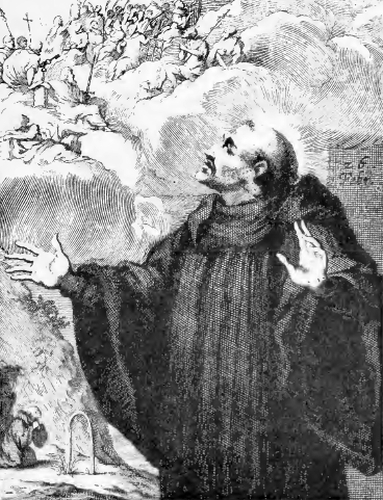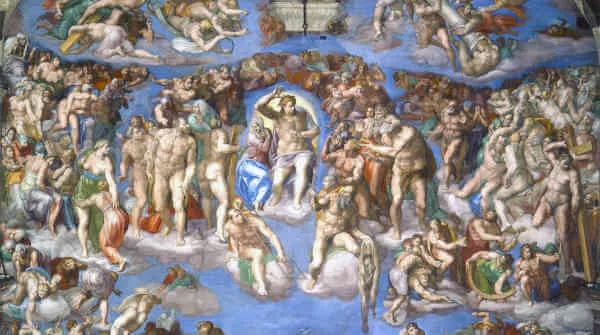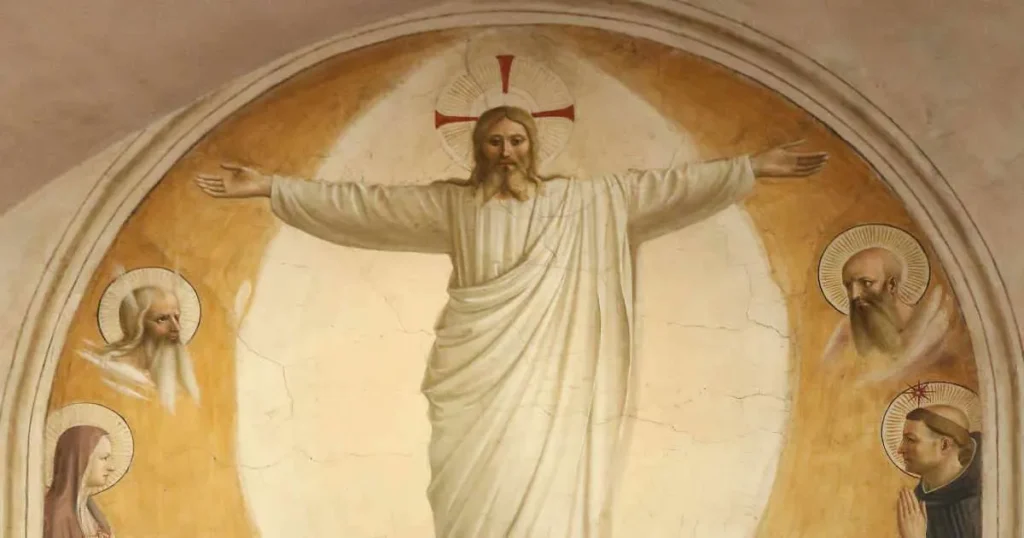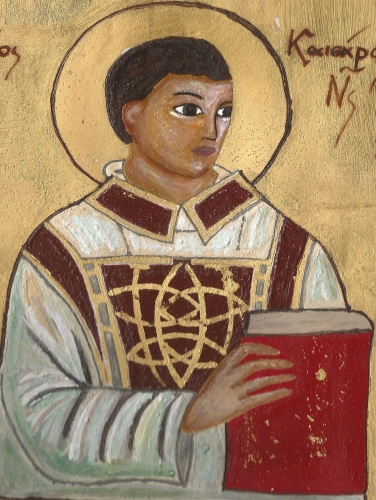The Apostles Saint Jude Thaddeus and Saint Bartholomew are believed to have traveled to Armenia to share the Gospel. In 301, the Armenian king was converted who, in turn, made Christianity the kingdom’s official religion, making Armenia the first nation to do so. In the centuries that followed, churches and monasteries were built, the faith was taught, liturgies were celebrated, and an extensive Christian culture emerged.
In the year 451, the Armenian Church separated from the Church of Rome over disagreements on doctrine from the Council of Chalcedon. Though the Armenian Church remained an apostolic Church, being founded by the Apostles, it became separated from the pope. Its Sacraments and life of prayer continued, but the division also continued. In recent decades, greater attempts at unification have been made, and the saint we honor today is the most recent attempt by the Roman Church to more fully unite with the Eastern Church of Armenia.
By the tenth century, the Kingdom of Armenia was celebrated for its faith, many churches, literature, art, and architecture. It was a relatively peaceful time. In the year 951, a boy named Gregory was born near Lake Van, the largest lake in the Kingdom of Armenia, modern-day Turkey.
His mother died when he was young. His father was the ruling prince of the Andzevatsiq province and also an Armenian bishop and scholar. His father was vocally supportive of some of the teachings of the Council of Chalcedon and believed that the head of the Armenian Church, called the Catholicos, enjoyed only the rank of bishop. This did not sit well with the Catholicos, who later excommunicated Gregory’s father from the Armenian Church.
After their mother’s death, Gregory and his older brother were sent to live at the Monastery of Narek, under the guardianship of their maternal great-uncle Abbot Anania, the monastery’s founder. At about the age of twenty-six, Gregory was ordained a priest for the monastery and remained there for the rest of his life, teaching theology in the monastery’s school.
The loss of his mother early in life led Gregory to a deep devotion to our Blessed Mother. He would later write, “This spiritual, heavenly mother of light cared for me as a son more than an earthly, breathing, physical mother could (Prayer 75).”
Shortly after his ordination to the priesthood, Gregory wrote a commentary on the Song of Songs. He also wrote commentary on the Book of Job, numerous chants, homilies, and speeches that sang the praises of holy men. Toward the end of his life, he wrote his most famous work, The Book of Lamentations, or, as it is commonly known today, The Book of Narek.
Gregory’s father had taught him to remain in a state of continuous dialogue with God, ever attentive to His divine presence. The Book of Narek seems to flow from Gregory’s ongoing dialogue. The book is a compilation of ninety-five prayers. Each prayer begins with the phrase, “Speaking with God from the Depths of the Heart.” The prayers then go on to express the deepest love of God by a soul that seems troubled, and even tormented at times.
The torment, however, is not despair, but an interior expression of hope from a soul who is in touch with his fallen humanity and sin, while at the same time keenly aware of God’s mercy. His prayers reflect the psalms and are similar to Saint Augustine’s Confessions. Saint Gregory states that these prayers were written “by the finger of God” (Prayer 34) and that Gregory saw God, as he says, “with my own eyes” (Prayer 27f).
In one of the final prayers, Gregory states, “although I shall die in the way of all mortals, may I be deemed to live through the continued existence of this book…This book will cry out in my place, with my voice, as if it were me” (Prayer 88b; c). He believed his book was written not only for himself, his monks, or the Armenian people, but for all people, for the entire world.
Less than a century after Saint Gregory’s death, the Kingdom of Armenia was invaded by the Byzantines, then by the Turks. In the centuries that followed, these once-flourishing people suffered greatly under foreign domination. This suffering culminated in the twentieth century during the Armenian genocide when the Turks murdered an estimated 1–1.8 million Armenians.
Throughout those centuries of great suffering and oppression, Saint Gregory’s book of prayers became the daily prayers of the Armenian people. Everyone had a printed copy; many people even slept with a copy under their pillow.
In 2015, when the pope declared Saint Gregory a Doctor of the Church, and in 2021 when Saint Gregory was placed on the liturgical calendar for the Roman Church, his book of prayers suddenly became prayers for the entire world. They are prayers that need to be prayed by all people today so that the world will humble itself before God and become acutely aware of its sin and need for God’s mercy. Let us conclude with the conclusion of Saint Gregory’s final prayer.
Source: https://mycatholic.life/saints/saints-of-the-liturgical-year/saint-gregory-of-narek/



